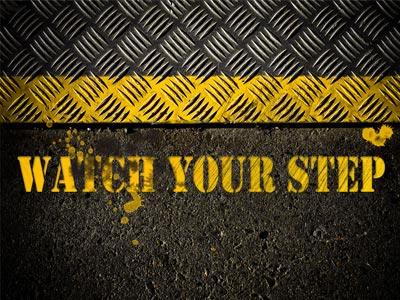-
The Parable Of The Pharisee And The Tax Collector Series
Contributed by Kerry Bauman on Nov 28, 2017 (message contributor)
Summary: The sin of self-righteousness is subtle and often undetected in our own lives, yet it often has devastating consequences.
II. Self-Righteous people are often satisfied people (See Luke 18:11-13). Let’s consider some contrasts between the prayer of the Pharisee and that of the tax collector.
A. The Pharisee’s Prayer - It starts out as if it is going to be a prayer of thanksgiving to God, but ends up a prayer of self-satisfaction. It was probably spoken out loud and meant to accomplish two things: (1) it was a sermon to the less fortunate who were themselves there to worship. He graciously offered a few words of judgment along with some instruction in righteousness; (2) it was meant to impress all those who were within earshot with the level of sacrifice he was willing to make in his commitment to true spirituality. How often would they have the opportunity to get such a good look at a truly pious man? Consider his approach.
1. He prayed while standing. Note that the Pharisee, though he is praying in the context of corporate worship at the temple, stood where he could be seen. This gesture is meant to elevate him above those who embody the very essence of "uncleanness" (i.e. robbers, evil doers, adulterers, and tax collectors).
2. He fasted twice a week. Fasting could be undertaken for a variety of purposes including: to prepare oneself for service (See Matthew 4:1, 2); as a sign of repentance (See Nehemiah 9:1); during seasons of prayer (See Daniel 9:3); and when commission others for God’s service (See Acts 14:23). But this Pharisee far exceeded the expectations of others when it came to this spiritual discipline. He fasted, not because God had impressed his heart to do so, but because it was what righteous people did.
3. He gave a tenth of everything. The standard was to give a tenth of certain crops as they were harvested, but he would never consider such a small sacrifice. He would do more than anyone could possibly expect. His reputation depended on it.
B. The Tax Collector’s Prayer - He, too, stood, even at a distance, but for a completely different reason. A tax collector was a person of low status, a deviant who often sold out his Jewish brethren for money (See Luke 3:12, 13). He assumed no rightful place among the others, nor did he attempt to take one. He did not consider himself worthy to stand with God’s people before the altar. His prayer was one of dissatisfaction with himself.
1. He was humbled. This was evidenced by his unwillingness even to lift his eyes up to heaven. Worshippers usually lifted up their closed eyes to God (See Psalm 123:1), but not this time. The posture of humility is to take the low road (See Romans 12:16).
2. He was shamed. The beating of one’s own chest is a sign of extreme anguish or intense anger in the Middle East (See Jeremiah 31:18, 19). He cried out in his anguish, "God, have mercy on me, the sinner (The definite article, "the," is found in the Greek and rightly translated by the NASB)." While the Pharisee thought of others as sinners, the tax collector would not even go there. He was only concerned that he, himself, was "the" sinner.

 Sermon Central
Sermon Central



